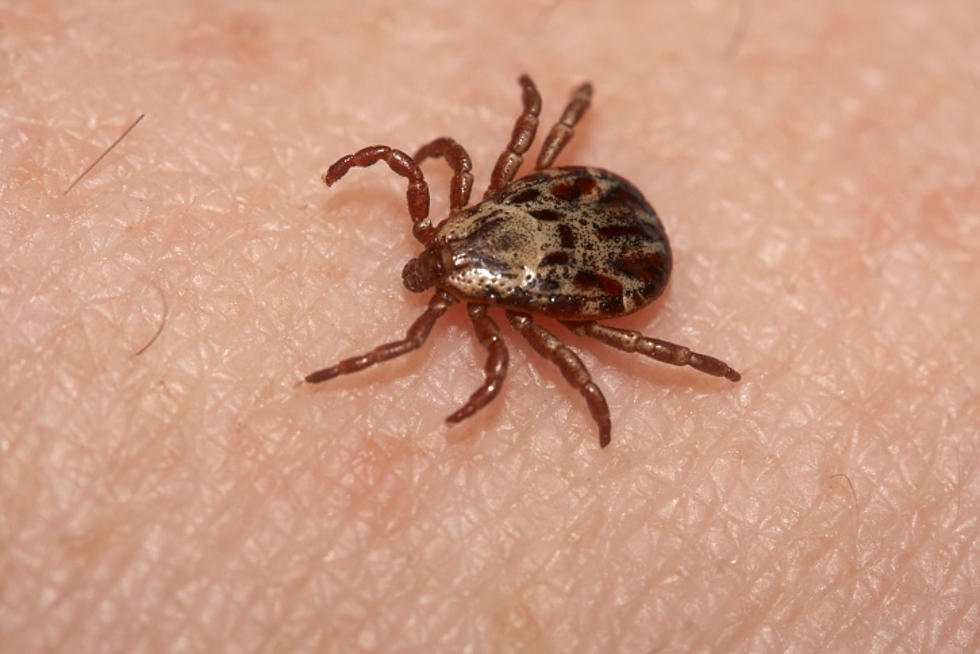
Tick Carrying Deadly Brain Swelling Virus Found in New Jersey
A tick that causes dangerous and deadly brain swelling continues to spread in New Jersey at an alarming rate. A Jersey resident infected by the virus has died.
Health officials say it's worse than Lyme disease, and the number of cases of Powassan, or POW has tripled in the past two years. In fact, last week two Jersey residents were infected. According to a spokesperson with the Department of Health, one NJ man has died, the other is recovering.
This potentially deadly virus attacks the nervous system and rapidly affects one's memory, thinking, and balance. Think this is just an alarmist hoax? It's very real. Read the words of the daughter of the New Jersey man who died due to a confirmed case of Powassan.
There is no vaccine for the Powassan virus. Rapid brain swelling after infection will cause long-term neurological damage.
Here are some important facts from the CDC about Powassan:
- Many people who become infected with Powassan virus do not develop any symptoms.
- The incubation period (time from tick bite to onset of illness) ranges from about one week to one month.
- POW virus can infect the central nervous system and cause encephalitis (inflammation of the brain) and meningitis (inflammation of the membranes that surround the brain and spinal cord).
- Symptoms can include fever, headache, vomiting, weakness, confusion, loss of coordination, speech difficulties and seizures.
- Approximately half of survivors have permanent neurological symptoms, such as recurrent headaches, muscle wasting, and memory problems.
- Approximately 10 percent of POW virus encephalitis cases are fatal.
Treatment
- There are no vaccines or medications to treat or prevent POW virus infection.
- If you think you or a family member may have POW virus disease, see your health care provider for evaluation and diagnosis.
- Persons with severe POW illnesses often need to be hospitalized. Treatment may include respiratory support, intravenous fluids, and medications to reduce swelling in the brain.
Take Precaution!
- Avoid wooded and bushy areas with high grass and leaf litter.
- Walk in the center of trails.
- Repel ticks on skin and clothing
- Use a repellent that contains 20 percent or more DEET, picaridin or IR3535 on exposed skin for protection that lasts several hours.
- Always follow product instructions. Parents should apply this product to their children, avoiding hands, eyes, and mouth.
- Use products that contain permethrin on clothing. Treat clothing and gear, such as boots, pants, socks, and tents, with products containing 0.5 percent permethrin. It remains protective through several washings. Pre-treated clothing is available and may be protective longer.
More From 94.3 The Point









